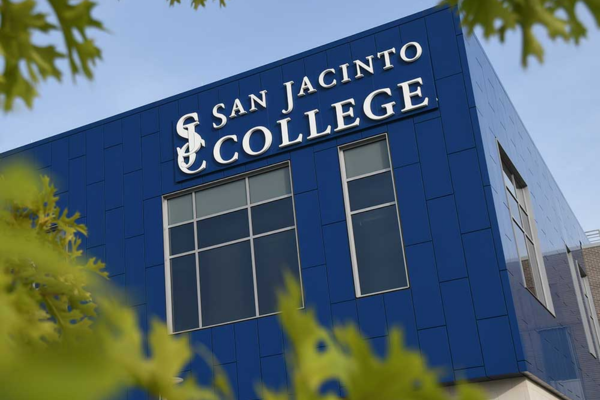Baylor College of Medicine to Anchor TMC Helix Park Building
Published Jan 10, 2023 by A.J. Mistretta
Baylor College of Medicine has signed on as the anchor tenant in the first industry building at TMC Helix Park.
The 355,000-square-foot building dubbed Dynamic One topped out late last year and is slated to open in Q4 of this year. It’s the first of four industry buildings at the Texas Medical Center’s emerging life sciences campus. Baylor College of Medicine will lease 114,000 square feet in the building’s North Tower. Dynamic One is being developed by Beacon Capital Partners and Zoe Life Science.
TMC Helix Park, the project formerly known as TMC3, is rising on 37 acres between the existing TMC campus and Old Spanish Trail. The new collaborative research campus will bring together the top minds in medicine, academia and life sciences research and development. TMC Helix Park will include more than 5 million square feet of developed space surrounding 18 acres of unique parks in the shape of a double helix. The TMC3 Collaborative Building, another component of the first phase of development, is also slated to open later this year.
“Baylor College of Medicine moved to Houston in 1943 and was the first institution built in the Texas Medical Center. Our researchers and scientists will have the opportunity to access the uniquely concentrated research environment being developed at TMC Helix Park, facilitating the continuing advancement of innovation and compassionate care,” said Dr. Paul Klotman, president, CEO and executive dean of Baylor.
Baylor College of Medicine will have both lab and office space in the building with a concentration on innovation and dedicated space for startups. Baylor is the No. 1 NIH-funded institution in the TMC and in the State of Texas. Leaders say Baylor’s goal is to continue to grow its research portfolio, industry partnerships and collaborations, as well as entice newcomers to join in the life sciences growth in Houston.
Beacon President and CEO Fred Seigel said the company is excited to bring its first project to the fast-growing Houston life science market. “This state-of-the-art environment is designed to enable and encourage collaboration and will greatly accelerate the innovative lifesaving discoveries that emerge when industry and academic research work side-by-side,” he said.
TMC President and CEO Bill McKeon said Baylor’s move into Helix Park will serve as a catalyst for enhanced collaboration with other leading institutions in TMC and life sciences leaders around the world.
Learn more about the life sciences industry in Houston.
 The Houston Report
The Houston Report



















